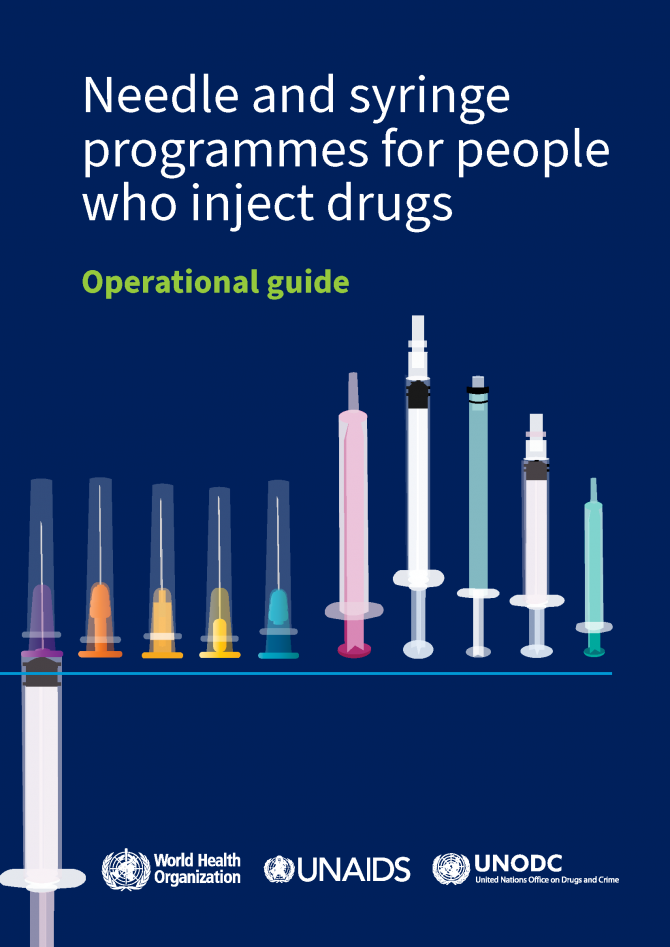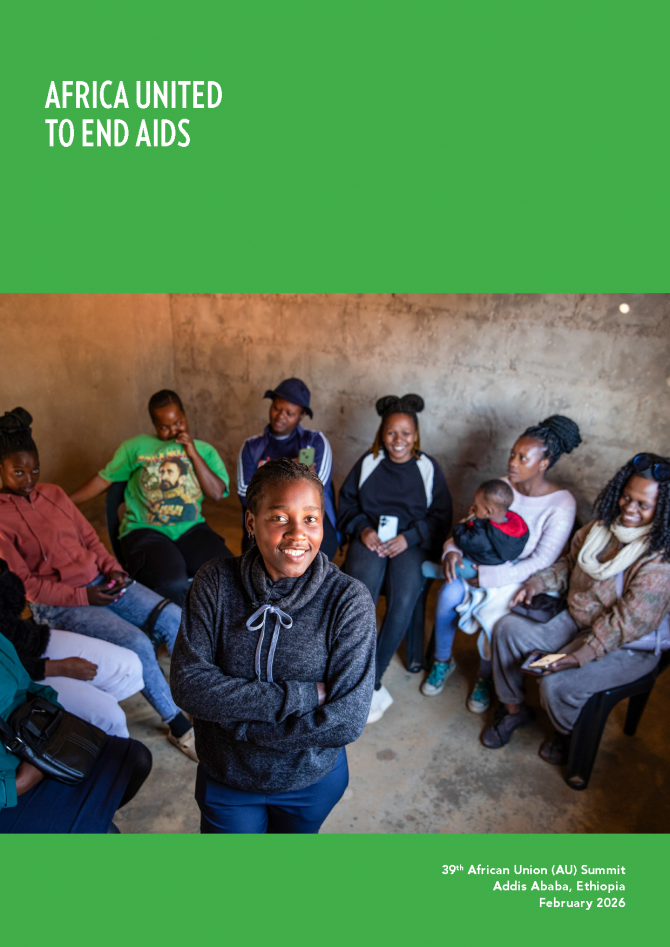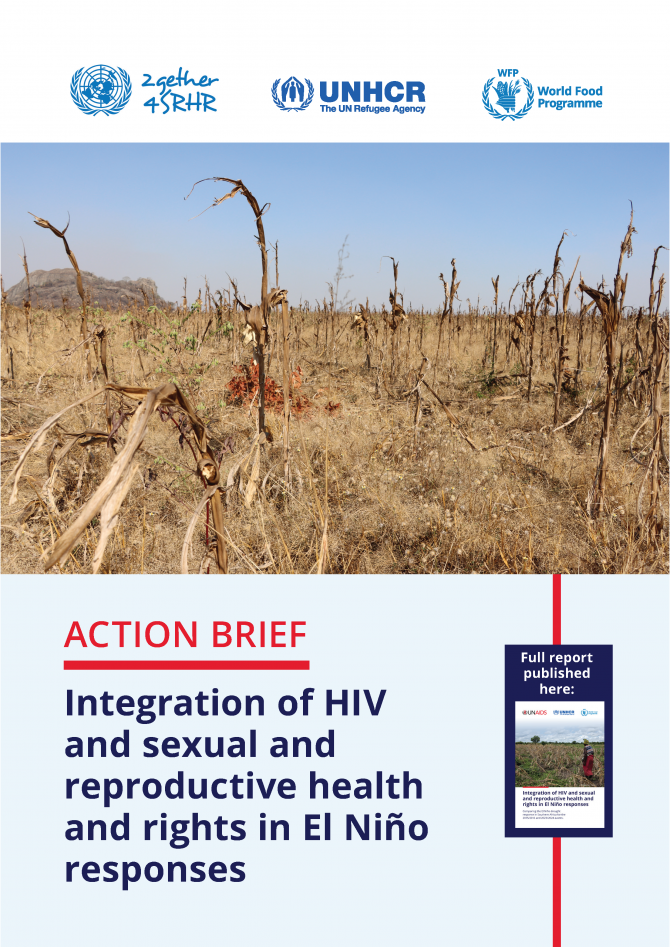


Press Release
UNAIDS strongly welcomes bold, new US funding package for HIV
05 February 2026 05 February 2026GENEVA, 5 February 2026—UNAIDS welcomes the signing into law of a bipartisan US$ 5.88 billion spending package that reinforces the continued commitment and leadership of the United States in the global response to HIV.
US President Donald Trump signed the consolidated spending package into law on 3 February 2026 which allocates US$ 4.6 billion to bilateral HIV support through the America First Global Health Strategy, US$ 1.25 billion to the Global Fund to Fight AIDS, Tuberculosis and Malaria and US$ 45 million to UNAIDS.
“I thank President Trump and the US Congress for their continued commitment to HIV and global health,” said Winnie Byanyima, Executive Director of UNAIDS. “This US investment will provide life-saving support for millions of people in partner countries and help to ensure that the global HIV response remains efficient, data-driven and delivers results.”
The law advances the America First Global Health Strategy, which emphasizes the achievement of UNAIDS’ 95-95-95 targets as an integral part of ending AIDS as a public health threat by 2030 and accelerates the strategic shift towards country ownership and self-reliant HIV responses. For more than two decades, US investments have been the leading driver of the global HIV response, saving millions of lives and supporting countries' efforts to end their AIDS epidemics.
UNAIDS is committed to leverage the funding to provide data and rigorous technical and strategic support to countries and communities most affected by HIV and for the implementation of the America First Global Health Strategy, working closely with the US Government, the Global Fund, partner governments and communities.
Since the establishment of UNAIDS in 1996, the US Government has been a leading partner of UNAIDS and recently renewed its membership in the UNAIDS Programme Coordinating Board through to 2028.
UNAIDS
The Joint United Nations Programme on HIV/AIDS (UNAIDS) leads and inspires the world to achieve its shared vision of zero new HIV infections, zero discrimination and zero AIDS-related deaths. UNAIDS unites the efforts of 11 UN organizations—UNHCR, UNICEF, WFP, UNDP, UNFPA, UNODC, UN Women, ILO, UNESCO, WHO and the World Bank—and works closely with global and national partners towards ending the AIDS epidemic by 2030 as part of the Sustainable Development Goals. Learn more at unaids.org and connect with us on Facebook, Twitter, Instagram and YouTube.
Region/country
Documents
Action brief - Integration of HIV and sexual and reproductive health and rights in El Niño responses
05 February 2026
References and full report details as well as partner-specific recommendations are available in the main report.





